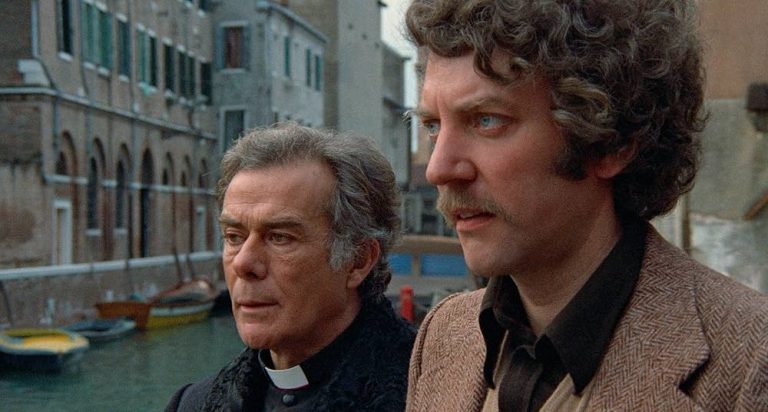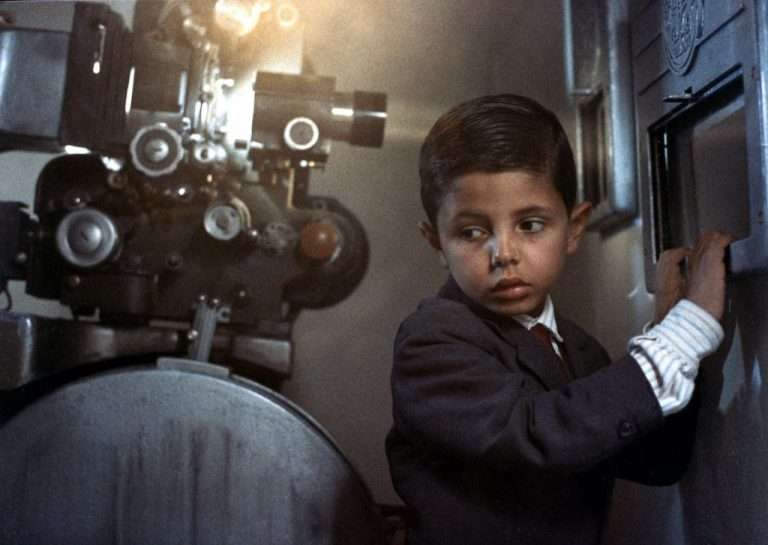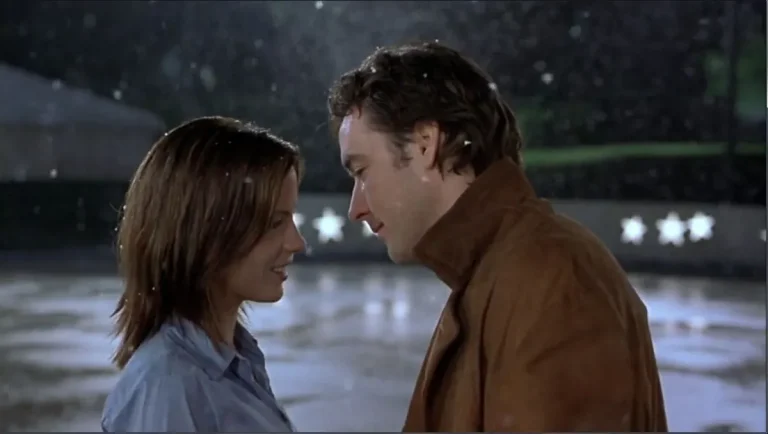In the new Netflix series that was in the top five for a while called “Baby Reindeer,” actor and comedian Richard Gadd plays a fictionalized version of himself and tells the story of his own stalking. But “Baby Reindeer” (2024) is not a story about a stalker. It almost feels like Gadd’s own journey of understanding and coming to terms with his own trauma and sexual assault. And it takes him quite a while. June is supposed to be Men’s Mental Health Awareness Month, and it made me wonder how many men really even register and come to terms with their trauma.
Head bowing low, almost as if confessing to a crime, Donny (Richard Gadd) tells his parents: “I was raped by a man.” The mother breaks down while the father stifles a sob. Josh looks at his father, almost pleading, and vocalizes that one fear that so many men have acted upon, with destructive results. This is the fear of being identified as “less of a man.” In a sad yet poignant scene that follows, Donny’s father, who has been till now shown as angry and rough, tears up, stating his own experience of sexual assault at his Church in an understated way.
The father, who had been so reluctant to show affection openly, hugs Donny at the end of this scene. What caught my attention is how Donny’s glance fixes on the father, seeking his approval, right after the patriarchal figure whose opinion matters, the one whose masculine legacy he is carrying. This legacy, I believe Gadd tries to say, is the legacy of patriarchal conditioning. A legacy that has not simply shaped the ideas of men about gender roles but us as well: we rarely have such blunt, out-there portrayals of struggles where men suffer through vulnerable mental states. And it is, in fact, so deeply rooted that very often, men do not acknowledge it either. Donny has nurtured this fear so much that he does everything but talk about it or accept it.
Therefore, Donny remains frustrated. He hates himself, punishes himself, and does things he shouldn’t have. It’s tragic, but it is also ‘my fault,’ he tries to say. The victim blames himself, but it is not just shame and sexuality that he is scared of; it is also the truth. So he builds one for himself where he has control over it all. Donny is not ready to report his stalker in the beginning, especially because it would also mean accepting his previous brutal sexual assault.
Watching “Baby Reindeer” took me back to a movie I watched last winter – a movie that made some noise during the Oscars: “May December” (2023). If “Baby Reindeer” criticizes society because of the conditioning of individuals, Todd Haynes’ “May December” shows us something we do as a society that is far more cruel: the sensationalization of crimes (like grooming ) as scandals. We provide more excuses to feed into that conditioning, more excuses for men to repress their victimization.

“You seduced me,” says Juliane Moore’s character, Gracie, blaming Melton’s Joe when he finally starts registering that he was actually groomed and it was not love like Joe has believed since he was thirteen. The movie’s premise focuses on how Natalie Portman’s Elizabeth (a professional actor) enters into the picture years after the crime, which is polished and packaged in a way to make it sensationalized: a scandal. Much like a true crime aficionado or a method actor, Natalie Portman’s Elizabeth visits the family to understand what made Gracie the way she is. Yet, what the movie leaves us with is the question of: does it really matter?
The reception of reality changes because no one around sees the exploitation as an actual crime but a scandal. The reception is wholly dependent on who holds the power to the narrative – who can manipulate the narrative enough to make it seem like not a big deal. When Elizabeth enters the existing narrative in the world inhabited by Grace and Joe, and there is immediate turbulence, the neighbors insist on letting them be. Much does not change, and most people, including Grace, still hold that power by the end, as it is presented in the last scene when the two women face each other. What does end up happening through Elizabeth’s intrusion into their lives is that the narrative is finally deconstructed by the victim, who had, for years, been manipulated into believing that being groomed at a young age was, in fact, “love.”
“May December” serves as a reminder not to sensationalize crime and psychoanalyze criminals while being inconsiderate of victims. Watching “Baby Reindeer” enabled me to understand how much more we contribute as a society to the suppression of men’s trauma and mental health – to the extent that they do not register it. For there to be more conversations, we need more movies that acknowledge and talk about men’s mental health and trauma without sensationalization, glorification, or simple character studies.
We need more media narratives that acknowledge the brutal outcome of the patriarchal oppression of men themselves, even in today’s time. In both narratives, we are made to understand it is not about the crime or trauma itself but the inability to even register these experiences. Both narratives do not blame or disrespect a particular gender but institutions and society that allow for repression and crime to take place. The ending scene of “Baby Reindeer” suggests how crime might as well be a cycle. It is only when we encourage and acknowledge such portrayals and discussions that we can combat the evils of patriarchy and our own perceptions of gender roles and conditioning that affect the entire spectrum of gender.
Disclaimer: It is, however, important to look at the trigger warnings before watching either of the works.






